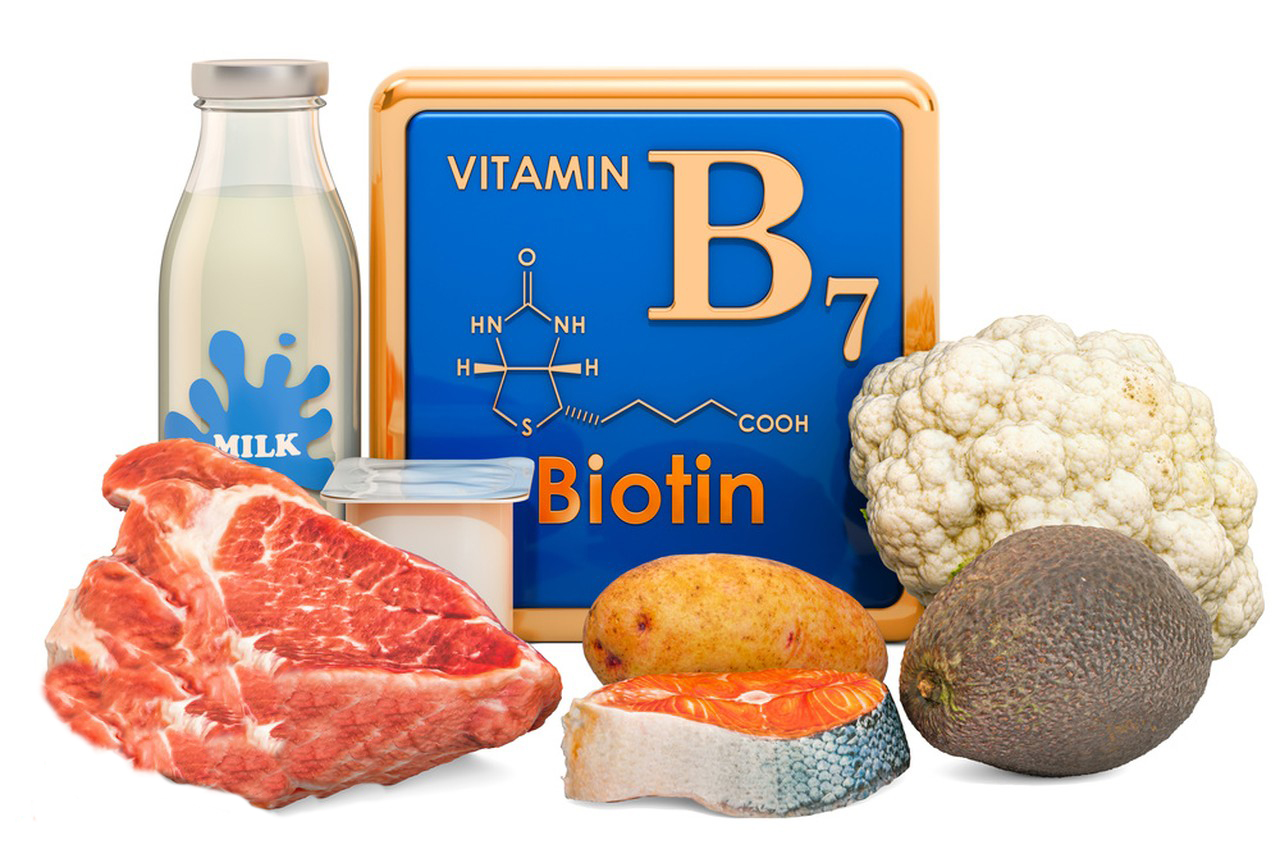Biotin, also known as Vitamin B7, is a water-soluble B-vitamin that plays a crucial role in various metabolic processes in the body. It is an essential coenzyme that assists in the metabolism of fatty acids, amino acids, and glucose. The processing of biotin involves several steps, including its absorption, activation, and utilization within the body. Here’s an overview of the biotin processing process:
Dietary Intake and Absorption:
- Biotin is obtained through the diet from various sources such as egg yolks, liver, nuts, seeds, dairy products, and some vegetables.
- In the stomach and small intestine, biotin is released from its protein-bound form through the action of gastric acid and digestive enzymes.
- Biotin is then absorbed primarily in the small intestine through a sodium-dependent multivitamin transporter.

Transport to Cells:
- Once absorbed, biotin enters the bloodstream and is transported to various cells and tissues throughout the body.
Cellular Uptake:
- Cells take up biotin through specific transport mechanisms involving cell membrane transporters.
- Biotin uptake is particularly important in tissues with high rates of metabolism, such as the liver and muscle tissues.
Activation of Biotin:
- Inside the cells, biotin is converted into its active form, known as biotinyl-5′-AMP, through a two-step process.
- In the first step, biotin is attached to a specific lysine residue on biotin-dependent enzymes by the enzyme holocarboxylase synthetase (HCS), forming biotinyl-enzyme complexes.
- In the second step, biotin is adenylated to form biotinyl-5′-AMP, which is required for subsequent enzymatic reactions.
Enzymatic Reactions and Coenzyme Function:
- Active biotin participates as a coenzyme in carboxylation reactions, where it plays a crucial role in the transfer of carbon dioxide groups.
- Biotin-dependent enzymes, known as carboxylases, include enzymes like acetyl-CoA carboxylase, pyruvate carboxylase, and propionyl-CoA carboxylase.
- These carboxylation reactions are essential for the metabolism of fatty acids, amino acids, and gluconeogenesis (the synthesis of glucose).
Biotin Recycling and Turnover:
- Biotin-dependent enzymes are involved in various metabolic pathways, and biotin undergoes turnover during these processes.
- Biotinidase is an enzyme that cleaves biotin from biocytin, a product of enzyme turnover. This recycled biotin can then be reutilized for subsequent carboxylation reactions.
It’s important to note that biotin deficiency can occur in certain situations, leading to impaired metabolic processes. Biotin deficiency may result from inadequate dietary intake, genetic disorders affecting biotin metabolism, or interference with biotin absorption or utilization. In some cases, biotin supplements are recommended to address deficiency, but it’s important to consult with a healthcare professional before making any changes to your diet or supplement regimen.
